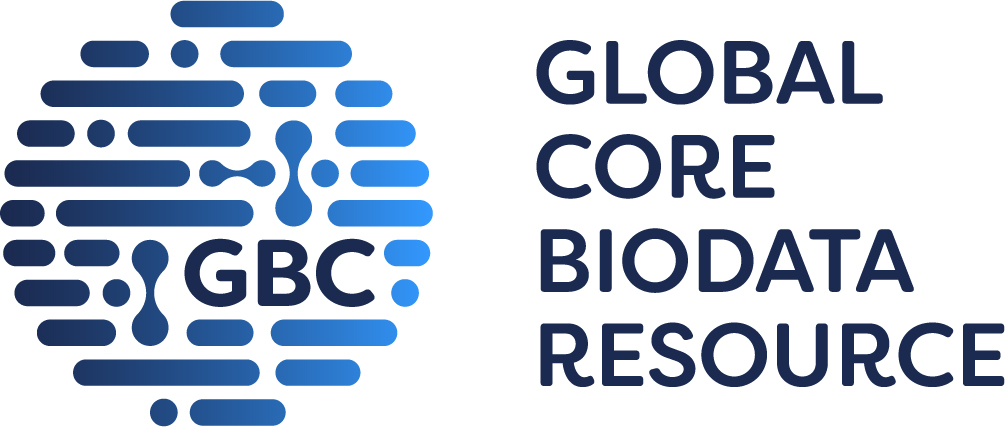
GtoPdb is requesting financial support from commercial users. Please see our sustainability page for more information.
B-cell lymphoma

GtoPdb Disease Summaries
This section gives an overview of the disease, and where available shows the following:
- Synonyms: Shows known synonyms for the disease.
- Description: Gives a basic description/definition of the disease.
- Database Link: External links to the same disease at the Disease Ontology, OMIM or Orphanet sites.
- Immunopharmacology comments: General comments about the target's role in immunopharmacology, provided by GtoImmuPdb curators.
- Associated with: Counts are displayed for the total targets the disease is associated with in GtoPdb. The counts of targets and ligands of immunological relevance associated to the disease are also shown.
More information can be found in the help pages.
✖| Disease ID: | 1048 | |
| Name: | B-cell lymphoma | |
| Associated with: | 1 target | |
| 3 immuno-relevant ligands |  |
|
| Database Links |
|
Disease Ontology:
DOID:707 |
Targets

GtoPdb Disease Summaries - Targets
Click on the target name to link to its detailed view page
Where available, information is display on the role of the target in the disease; drugs which target the disease and their therapeutic use and side-effects.
If there is mutation data curated in GtoPdb this is indicated, with a link back to the appropriate section on the target detailed view page
Immuno ligand interactions - If available, a table of immuno-relevant ligands is shown. These ligands have been curated as having an association to the disease and possess interaction data with the target in GtoPdb. The approval status of the ligand is shown, along with curator comments and an indication of whether the target is considered the primary target of the ligand.
More information can be found in the help pages.
✖| CIITA |
Ligands

GtoPdb Disease Summaries - Ligands
Click ligand name to view ligand summary page
- Approved: If the ligand is an approved drug this is indicated, along with approval bodies.
- Immuno: Immuno icon indicates the ligand is immuno-relevant
Click the arrow in the final column to expand comments
- Immuno Disease Comments: Curatorial comments specifically added as part of GtoImmuPdb. They give more information on the association between the ligand and disease in the context of immunopharmacology.
- Clinical Use: General clinical comments relating to the ligand and may not necessarily be specific to the disease in question. With hyperlink to more details on the ligand summary pages.
- Bioactivty Comments: Curatorial comments specifically about the compounds biological activity - with hyperlink to more details on the ligand summary pages.
More information can be found in the help pages.
✖| Key to terms and symbols | Click ligand name to view ligand summary | Click column headers to sort | |||||||||||||||||||||||||||||||||||
|
|||||||||||||||||||||||||||||||||||||
References
1. Gopal AK, Tarantolo SR, Bellam N, Green DJ, Griffin M, Feldman T, Mato AR, Eisenfeld AJ, Stromatt SC, Goy A. (2014) Phase 1b study of otlertuzumab (TRU-016), an anti-CD37 monospecific ADAPTIR™ therapeutic protein, in combination with rituximab and bendamustine in relapsed indolent lymphoma patients. Invest New Drugs, 32 (6): 1213-25. [PMID:24927856]
2. Herman AE, Chinn LW, Kotwal SG, Murray ER, Zhao R, Florero M, Lin A, Moein A, Wang R, Bremer M et al.. (2018) Safety, Pharmacokinetics, and Pharmacodynamics in Healthy Volunteers Treated With GDC-0853, a Selective Reversible Bruton's Tyrosine Kinase Inhibitor. Clin Pharmacol Ther, 103 (6): 1020-1028. [PMID:29484638]
3. Meglio M. Phase 2 Data Highlight Fenebrutinib’s Impact on Brain Lesions in Relapsing Multiple Sclerosis. Accessed on 25/07/2023. Modified on 25/07/2023. NeurologyLive, https://www.neurologylive.com/view/phase-2-data-highlight-fenebrutinib-impact-brain-lesions-in-relapsing-multiple-sclerosis
4. Pagel JM, Spurgeon SE, Byrd JC, Awan FT, Flinn IW, Lanasa MC, Eisenfeld AJ, Stromatt SC, Gopal AK. (2015) Otlertuzumab (TRU-016), an anti-CD37 monospecific ADAPTIR(™) therapeutic protein, for relapsed or refractory NHL patients. Br J Haematol, 168 (1): 38-45. [PMID:25146490]
5. Rafiq S, Siadak A, Butchar JP, Cheney C, Lozanski G, Jacob NK, Lapalombella R, McGourty J, Moledor M, Lowe R et al.. (2013) Glycovariant anti-CD37 monospecific protein therapeutic exhibits enhanced effector cell-mediated cytotoxicity against chronic and acute B cell malignancies. MAbs, 5 (5): 723-35. [PMID:23883821]






